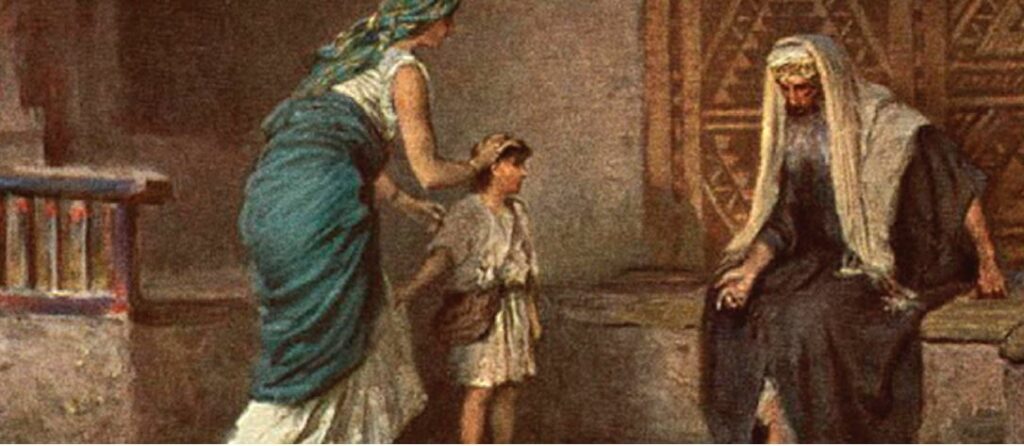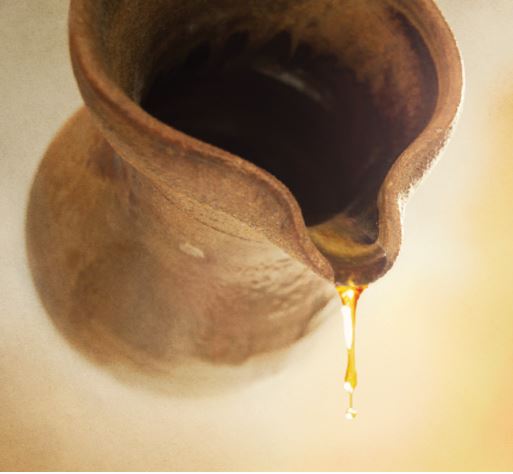Taken from the Illustrated Study Bible
Samuel lived at the end of the period of the judges and ushered in the period of kingship. He was Israel’s last judge (1 Sam 7:6, 15‑17) and first prophet (3:20; Acts 3:24; 13:20). He functioned as a priest (1 Sam 2:18) and was a great man of faith (Heb 11:32).
Samuel was born in response to his mother Hannah’s prayers. Samuel’s parents traveled annually from Ramah to the Shiloh sanctuary (1 Sam 1:3). While at the sanctuary, Hannah, who was infertile, prayed for a son and promised him to God for full-time service (1:9‑11). God answered the prayer, and Samuel was born (1:19‑20). When Samuel was weaned, Hannah took him to serve in the sanctuary with Eli, the high priest (1:24‑28).

Eli’s sons were wicked and pagan, but Samuel served the Lord. Soon it became clear that God spoke more intimately with Samuel than with Eli. God spoke to Samuel (3:1‑18) to warn Eli of the coming disaster when the Philistines defeated Israel, killed Eli’s sons, and took the Ark of the Covenant (chs 4–6). Later, under Samuel’s leadership, the people repented of their sin of idolatry and succeeded in winning an important battle against the Philistines (7:3‑17).
But as Samuel grew older, it became obvious that he suffered from the same weakness as Eli before him. Samuel’s sons were evil (8:1‑3), and the people did not want them to assume leadership over the nation. So the people saw the need for a king who could lead them in battle against their enemies (8:4‑5).

The transition from the era of the judges to kingship was turbulent. As priest, Samuel prayed for the people; as prophet, he reproved Saul for impatience and disobedience (13:5‑14; 15:20‑23). When God rejected Saul as king, Samuel anointed David as God’s chosen one (16:1‑13) and protected David from Saul (19:18‑24).

Through prayer and perseverance, Samuel was a faithful leader (Jer 15:1; Acts 13:20; Heb 11:32) who cherished his people’s well-being and courageously rebuked kings and elders. He led Israel from tribal disunity to national solidarity and established the monarchy. He wrote The Record of Samuel the Seer (1 Chr 29:29) and defined ideal kingship (1 Sam 10:25).
When he died, he was mourned by all Israel. He was buried in Ramah, his hometown (25:1).
